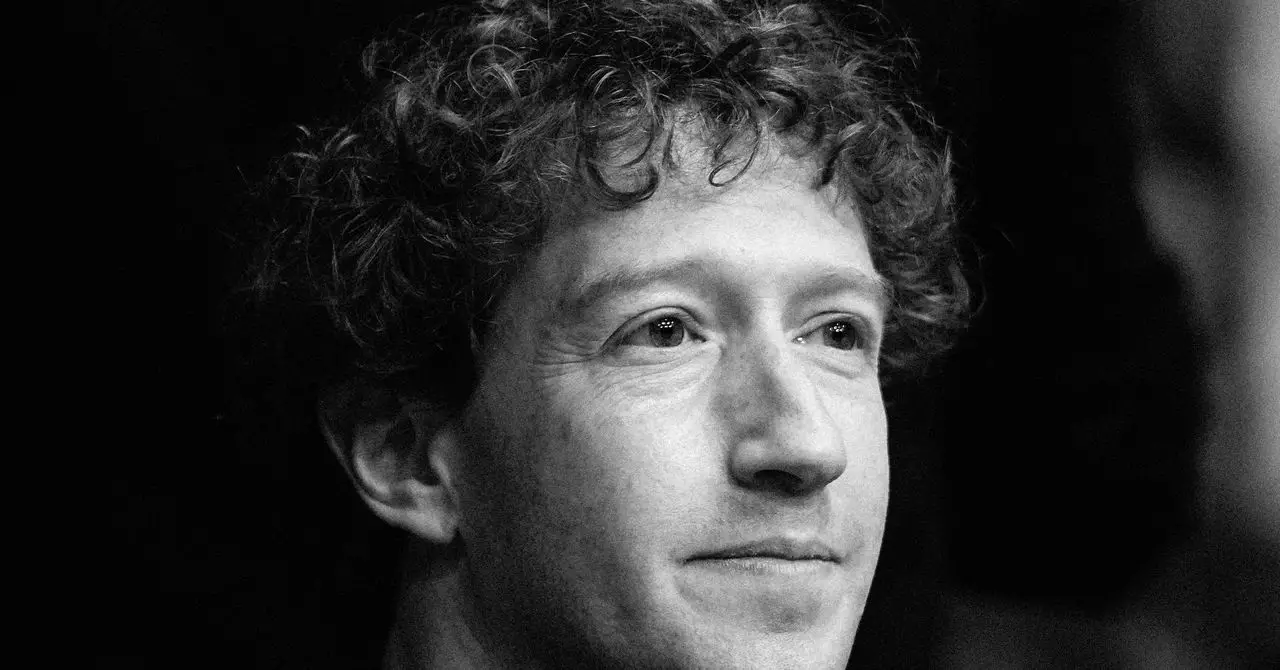The commencement of the Federal Trade Commission’s (FTC) trial against Meta in Washington, D.C. signals a pivotal moment in the tech industry, akin to the tectonic shifts in competition and regulation seen throughout history. As the government attempts to challenge Meta’s acquisitions of Instagram and WhatsApp, the ramifications could extend far beyond a courtroom verdict, shaping the landscape for innovation and antitrust enforcement in the United States. The core accusation? Meta allegedly engaged in predatory practices to suppress competition by acquiring potential rivals, a scenario that echoes the historical battles against monopolistic giants.
Meta’s journey began with its acquisition of Instagram in 2012 for $1 billion, followed by the staggering $22 billion purchase of WhatsApp in 2014. The FTC seeks to prove that these acquisitions were not mere business strategies but rather calculated moves to entrench its monopoly in social networking. The consequences of these claims could result in severe penalties for Meta and potentially force it to divest its prized assets. If the FTC succeeds, the decision could serve as a strong deterrent for other technology companies, discouraging them from acquiring startups that present any potential competition.
The Stakes for Innovation and Venture Capital
At the heart of this litigation is the critical question of competition and innovation. The government’s push for breaking up Meta has exposed a deep concern that should the trial succeed, it may halt a key source of venture capital investments vital to fostering emerging technologies. Tech startups often rely on potential acquisition by larger firms as a gateway to financial success. If tech giants are systematically denied the ability to acquire startups, this could cripple the ecosystem that propels innovation.
Consider the chilling effect this trial could have on investors. If they perceive that their investment in a promising startup could simply result in a forced divestiture after a large company acquires them, they may be less inclined to take risks with their capital, dampening future advancements in technology. The focus of the trial will undoubtedly underscore the balancing act between maintaining competitive markets and ensuring that opportunities for investment and development continue to flourish.
The FTC’s Burden of Proof
As the trial unfolds, the burden rests heavily on the FTC to establish that Meta holds a monopoly over personal social networking services in the U.S. It will need to demonstrate not only that Meta has wielded power over its users but also that its acquisitions led to a tangible diminution of competition. This is a substantial task, particularly in light of the diverse and rapidly evolving range of social media platforms that actively compete, including TikTok and YouTube—networks that offer users alternative experiences distinct from Facebook’s.
Meta’s reference to the broader market landscape serves as a significant defense; it maintains that the competition is not as limited as the FTC suggests. By defining the market narrowly to include only specific types of social networking services, the FTC’s case potentially undermines itself. The inclusion of multifaceted apps like TikTok, which focus more on content sharing than traditional networking, complicates the FTC’s narrative of a monopoly.
Strategic Maneuvers in the Courtroom
As Legal wrangling preparatory maneuvers heat up, Mark Zuckerberg’s reported approach to engage with political figures for a possible negotiation reflects a strategic effort to mitigate judicial pressures. While past similar attempts may have yielded success for other corporations, the current titanic regulatory environment suggests that any such deal is fraught with complications. This shift towards seeking compromises highlights the urgency of the matter—Meta is potentially grappling with a future steeped in uncertainty.
However, should the FTC’s arguments fall short, Meta has a formidable defense in asserting that consumer welfare has not suffered as a result of its acquisitions. By claiming that the apps in question flourished under Meta’s stewardship, the tech giant can postulate that the increased capabilities of Instagram and WhatsApp can benefit users and advertisers alike, casting doubt on whether the FTC can fulfill its obligation to demonstrate real harm.
The Implications for Big Tech and Beyond
The implications of this trial extend well beyond Meta; they could be emblematic of a broader reckoning for big tech and its role in democratic society. Should the court side with the FTC, it may inspire further regulatory scrutiny across the tech industry, prompting stricter antitrust measures and more aggressive oversight. The antitrust debate is not merely a matter of business practice but an ideological battle over the nature of innovation, competition, and consumer rights in the modern economy.
As the proceedings unfold, all eyes will be on Judge James Boasberg—not only to navigate the legal complexities of antitrust law but to redefine what the future of tech acquisitions could look like. It is a make-or-break moment for Meta, illustrating the precarious balance between growth, competition, and regulation in an ever-evolving digital landscape.

